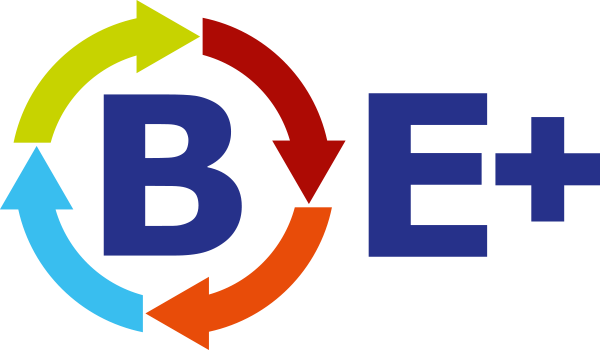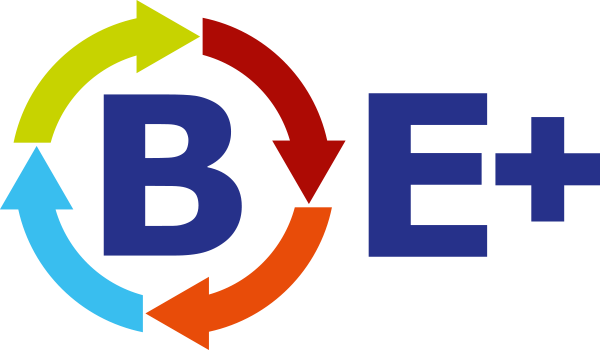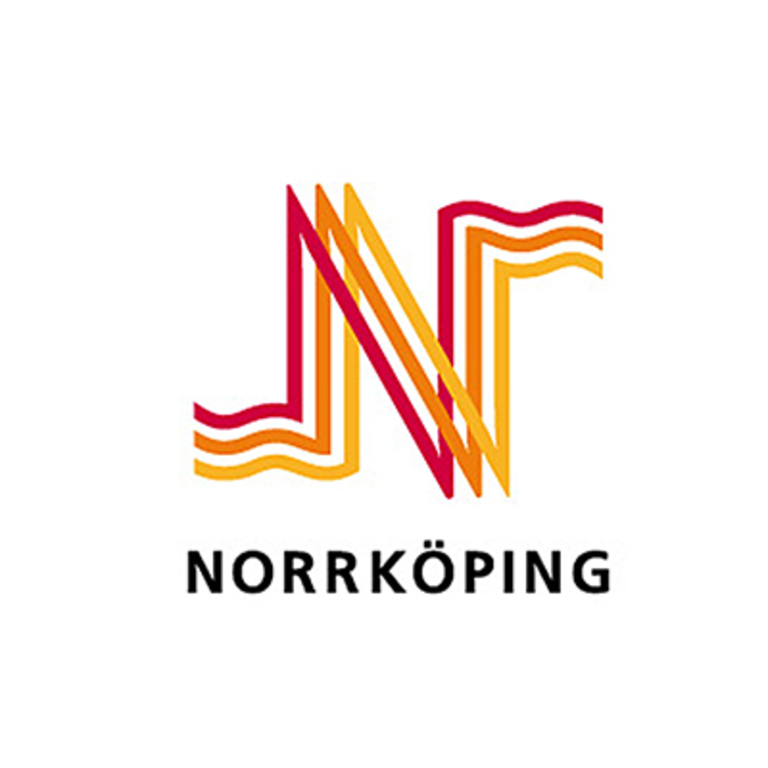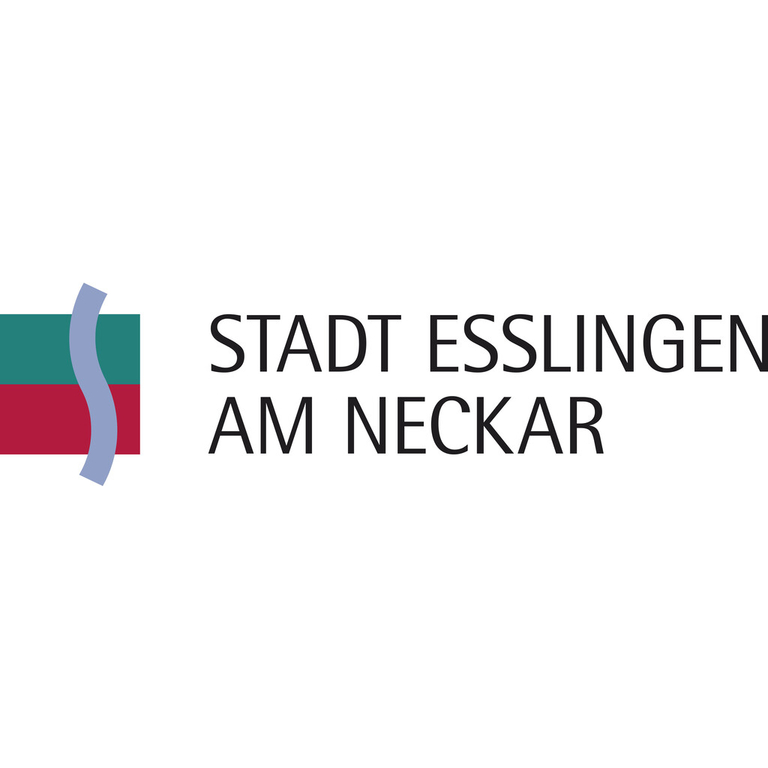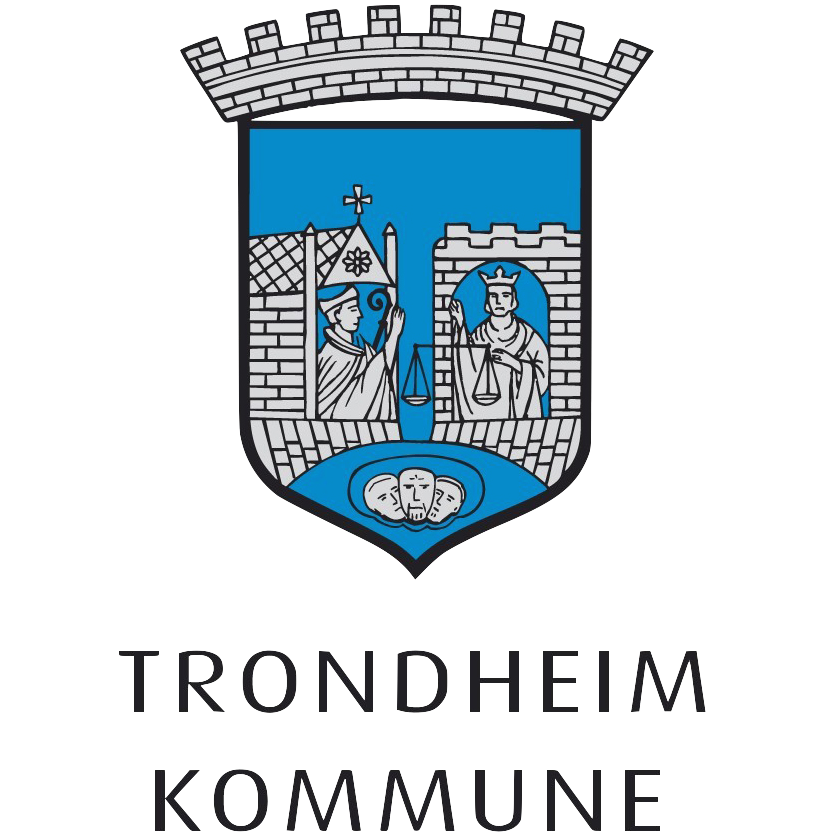Meet our Partnership
Six organisations active in the field of school education comingfrom 4 EU countries
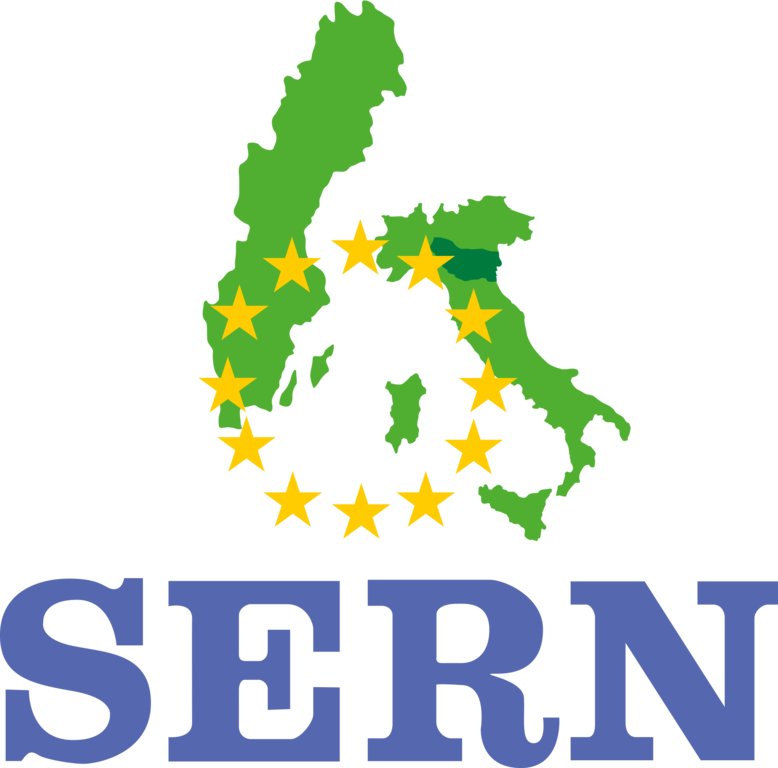
SERN
Parma -Italy
SERN is a transnational network of 57 local and regional authorities in Sweden and Italy, particularly in the Emilia-Romagna area. The network was founded in February 2005 with the main objective of developing in a structural manner the relations between its members in the two countries. The main objective of the organisation is to foster relations and exchanges of good practices among the members and therefore to create a model of cooperation stretching over several policy areas and involving different levels of government and at the same time a plurality of actors like educational institutions and NGOs. SERN has extensive experience in EU programs, notably in the field of education. Since its creation it has contributed to develop more than 60 transnational projects funded in the framework of the EU programmes particularly on themes pertaining school education. In particular, since 2010 it has been developing training modules in the field of (EU) project development and project management focused on linking projects to the organisational needs and everyday challenges. The results of these capacity building activities have led to 6 projects developed by the network and its members being selected by the European Commission (EACEA) and the Italian E+ National Agency as best practices for the quality of the results achieved and for the management.
Norrköping Municipality
Norrköping - Sweden
The Department of Education of the Municipality of Norrköping (Utbildningskontoret), Sweden is the local authority responsible for the implementation of national policies and directives for the public school system for early childhood education and care, compulsory education, upper secondary and adult education and leisure activities for school children. Since 2017 focus has been on working with internationalization at a more strategical level and support the overall objectives as set out in the directives from the Political board of Education in the Municipality of Norrköping : to improve the school results and increase the equivalence. The strategy focuses both on capacity building as well as quality improvement through the identification, evaluation, and dissemination of existing project, widening the circle of schools by personal support.
The Department of Education has an Research and Development unit which deals with systematic quality work and in staff training for all educational settings with a long experience of transnational collaboration as vehicle for the quality improvement of preschools and schools through the personal, professional and academic development, enhanced language skills, innovative teaching methods and broaden horizons including cultural awareness.
Norrkoping’s broad and extensive work in all educational settings has been awarded with the 2017 Erasmus+ Actor for its successful work with European exchanges in the field of education.
Esslingen am Neckar Municipality
Esslingen am Neckar - Germany
The City of Esslingen am Neckar Is medieval city located in the south of Germany, close to the capital of Baden-Württemberg, Stuttgart with more than 90.000 inhabitants. Furthermore, Esslingen is also twinned with cities in countries outside the EU (Wales, USA, India, Belarus). Indeed, political institutions as well as the municipality emphasise the necessity to support and strengthen common projects and activities across borders. For Esslingen it is also important to motivate diverse interest groups to get involved in international relations. In particular, It works in close cooperation with headmasters and teachers from four „Gymnasium“ (grammar school), three „Realschule“ (middle school), two „Gemeinschaftsschule“ (common school), six vocational schools to promote and implement school exchange that has been and still is an important pillar in the international context of the city. School exchanges take place between the schools in Esslingen and schools in Esslingen’s twin towns, as well as with schools in other countries and cities. Finally, the municipality cooperates with the municipal educational department, the body in charge of setting guidelines for the school system in Esslingen.
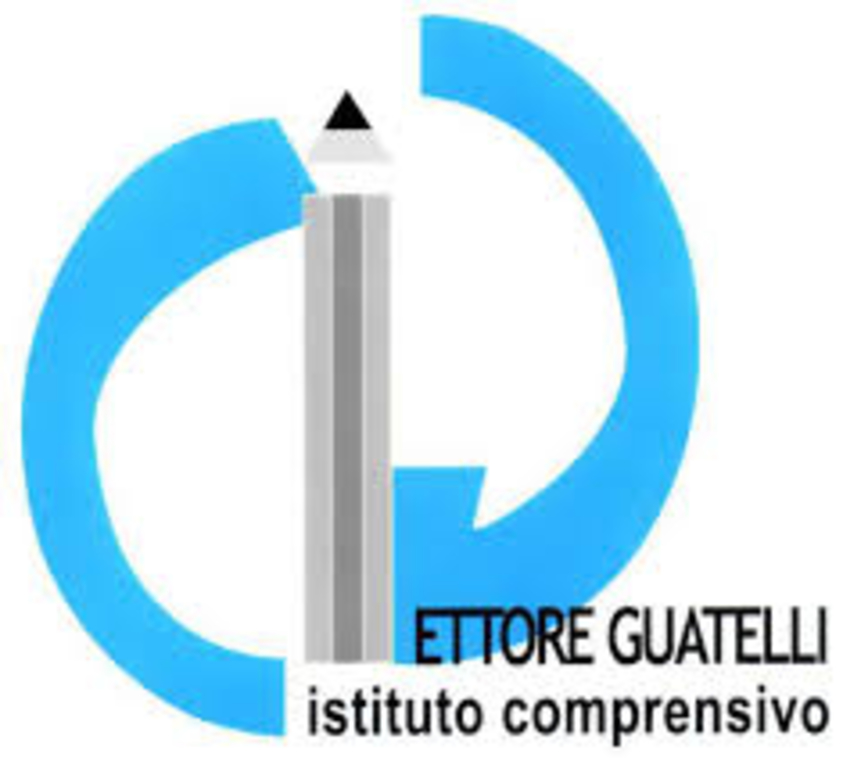
E. Guatelli School
Collecchio - Italy
Istituto Comprensivo Ettore Guatelli Italy
The "Ettore Guatelli" Comprehensive Institute of Collecchio brings together 5 kindergartens, 4 primary and 1 lower secondary school located in the municipal area of Collecchio. The Institute is made up of 10 complexes in total and the investments in terms of technological equipment, the redevelopment and the multifunctional rendering of the spaces, guarantee teachers and pupils with the best conditions for effective learning paths.
The promotion of training for European citizenship is included in the three-year plan of the school's educational offer, this has implied the promotion and the participation to various Erasmus projects in recent years with the aim to involve as many teachers as possible and make them capable of planning in that direction. All staff units are currently working at re-thinking and innovating our teaching practices in several curricular areas to meet the new cultural and educational challenges of contemporary society. Be+ Project will widen the international expertise of the school through a shared competence in the planning and implementation of multi-national programmes to consolidate the idea of European citizenship at all levels of the educational process.
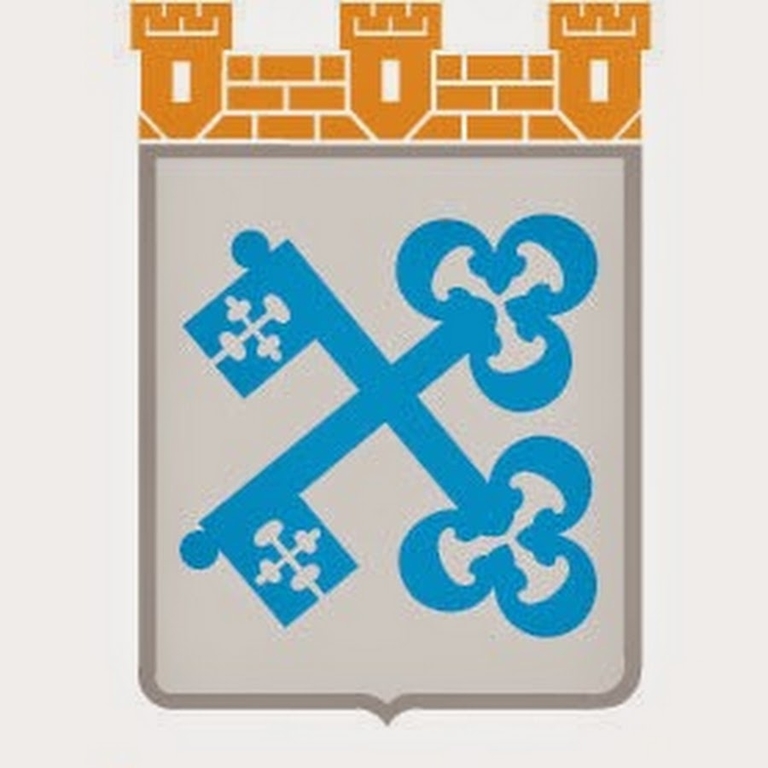
Luleå Municipality
Luleå - Sweden
With a population of 77,000 Luleå is the "capital city" in the region of Norrbotten. Luleå is a city of dynamic enterprise, with everything from the steel and tech industries to a broad service industry, a growing trade and tourism industry, as well as new, creative industries such as film production and digital design.
The Child and Education Administration is responsible for Luleå's municipal school system from preschool to high school with 53 preschools, 35 primary schools and 1 high school.
Among the main objectives as it comes to internationalization in the educational sector, the following are relevant:
- Give all children and students the opportunity to develop their mother tongue and to study language.
- A national center for mother tongue and Swedish as a second language is established in Luleå.
- International preschool, school and upper secondary school with English as educational language is started.
- Stimulate pupils and teachers to international exchanges.
The Municipality’s aim is to establish a systematic and joint work with internationalization in the educational sector, focusing on the municipal involvement and a long-term, sustainable thinking. Capacity is also needed to overcome distance-related challenges, where virtual collaboration is something of interest in this context.
Trondheim Municipality
Trondheim - Norway
TRONDHEIM KOMMUNE Norway
The Department of Education and Early Development in the municipality of Trondheim, is the local authority responsible for kindergartens, primary and lower secondary schools, child welfare services, health clinics in schools.The Department is responsible for the implementation of national and local policies within all areas in the department and caters for children and young adults from 0-18 years of age.
In 2018 a new strategy for Education and Early Development, the SteinSaksPapir: sterke barnefellesskap” (RockPaperScissors: Strong Childhood Communities). was passed by the City Council and co-created by citizens, municipal staff, researchers from universities and university colleges. At the core of the
strategy the understanding of relational welfare and a movement from a focus on the individual to strengthening the childhood communities. The Department of Education and Early Development in the municipality of Trondheim wishes to take a stronger action as a local authority and build capacity so that internationalization can contribute to school development.
